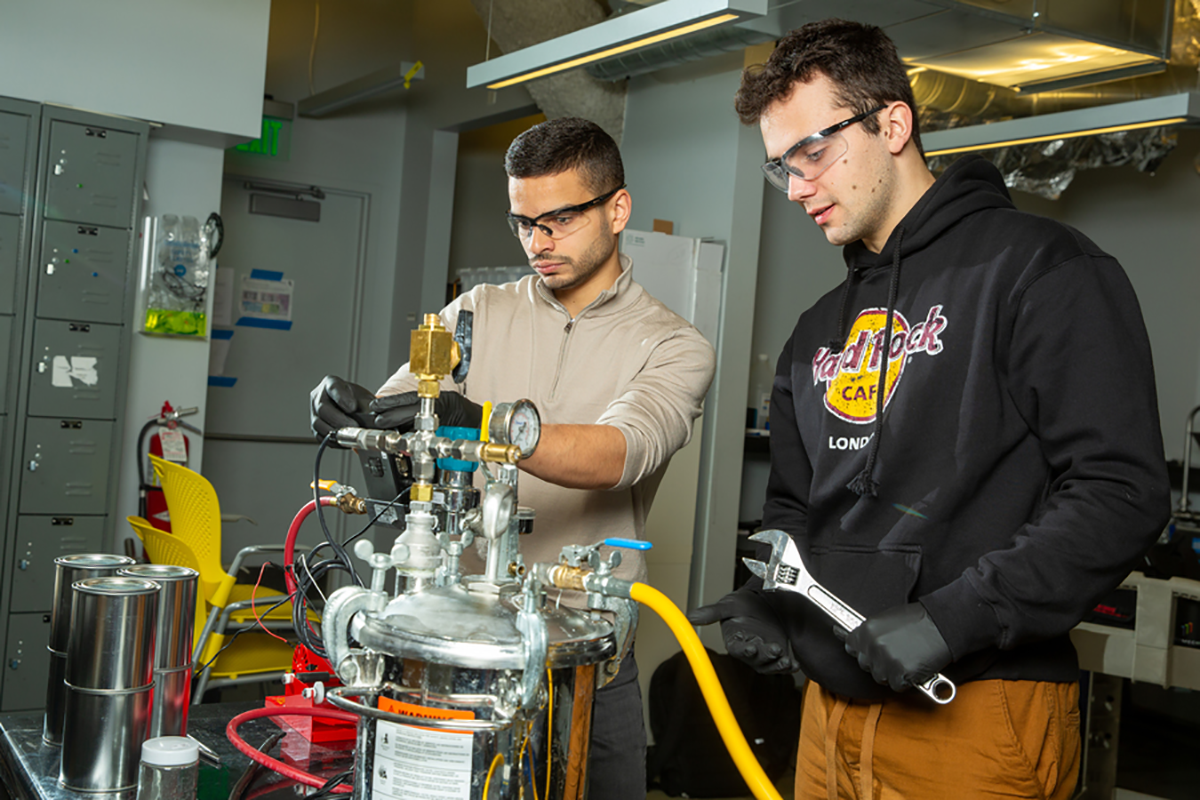Get the latest tech news
MIT researchers make hydrogen fuel from soda cans, seawater, caffeine | The aluminum is pretreated with a rare metal alloy that can react with seawater to generate hydrogen.
MIT engineers have developed a fast and sustainable method for producing hydrogen fuel using aluminum, saltwater, and coffee grounds.
In a study published in the journal Cell Reports Physical Science, the researchers show they can produce hydrogen gas by dropping pretreated, pebble-sized aluminum pellets into a beaker of filtered seawater. In the end, the team discovered that a low concentration of imidazole — an active ingredient in caffeine — is enough to significantly speed up the reaction, producing the same amount of hydrogen in just five minutes, compared to two hours without the added stimulant. “This is very interesting for maritime applications like boats or underwater vehicles because you wouldn’t have to carry around seawater — it’s readily available,” study lead author Aly Kombargi, a PhD student in MIT’s Department of Mechanical Engineering, said.
Or read this on r/technology

